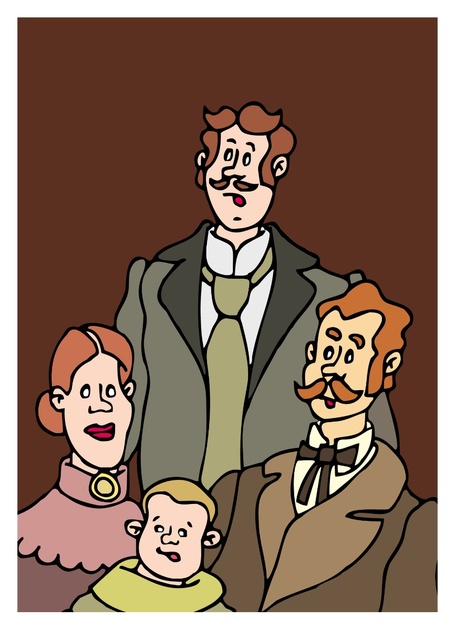
Dear Therapist:
Our 7-year-old son has always been challenging. He is a challenge behaviorally and has a difficult time getting along with his siblings and his friends. On the advice of our pediatrician, we had him evaluated and we got a diagnosis of Autism Spectrum Disorder. Now we have a name to the problem and are working on figuring out our best approach for treatment. As we are approaching yom tov and will be spending it together with family away from home, we are really dreading it. He is very rigid with what types of food he will eat or going from place to place. He can’t sit at the table, won’t play well with friends and won’t wear normal Shabbos clothes. This is all tricky enough, but any deviation will cause a massive fight with tantrums and screaming. I know that just hearing from the panel is not enough, but we will not be able to get guidelines from other experts before yom tov and I was hoping you could give me some general strategies to get us through yom tov.
Response:
I don’t treat children and autism is not one of my specialties, so my response will be brief. I will not speak directly to the issues that you identified. I wonder, however, to what degree these issues are problematic because you’re concerned for your son and don’t know how best to help him—and how much of the issue is your feelings about how others will view him and therefore judge you.
It sounds like being with others outside of your immediate family is part of what’s making you dread yom tov…at least more so than usual. Of course, there are logistical factors that can exacerbate your son’s symptoms. You mentioned his rigidity with regard to foods and traveling. You may not be able to control these factors. Your own emotional reactions, however, may be a larger factor than you recognize.
If the situation were exactly the same (new foods, traveling, etc.) except that no one was around but for your immediate family, would you feel the same level of dread? If not, at least part of the sense of dread is probably related to your fear of what others might think. If this is the case, there are two things that you can try.
First, imagine that you were witnessing one of your relative’s seven-year-old child acting out in the ways described. What would you think of the parents? How would you feel about the child? Would your thoughts and feelings be similar to what you’re afraid others will think and feel, or would you be open-minded and understanding? The people whose opinions are important to you would very likely feel the way that you would.
Focus then on each person in your extended family separately and ask yourself what this person would likely think and feel in the event that your son acts out. You may find that your emotional fear does not match what you logically believe will occur. Recognizing this can help to reduce your feelings of anxiety.
Yehuda Lieberman, LCSW
psychotherapist in private practice
Brooklyn, NY | Far Rockaway, NY
author of Self-Esteem: A Primer
www.ylcsw.com / 718-258-5317
Disclaimer
The contents of this blog, including text, graphics, images, and other material are for informational purposes only. Nothing contained in this blog is, or should be considered or used as, a substitute for professional medical or mental health advice, diagnosis, or treatment. Never disregard medical advice from your doctor or other qualified health care provider or delay seeking it because of something you have read on the Internet, including on this blog. We urge you to seek the advice of your physician or other qualified health professional with any questions you may have regarding a medical or mental health condition. In case of emergency, please call your doctor or 911 immediately. The information contained on or provided through this blog is provided on an "as is" basis, without any warranty, express or implied. Any access to this blog is voluntary and at your own risk.

 Previous
Previous

